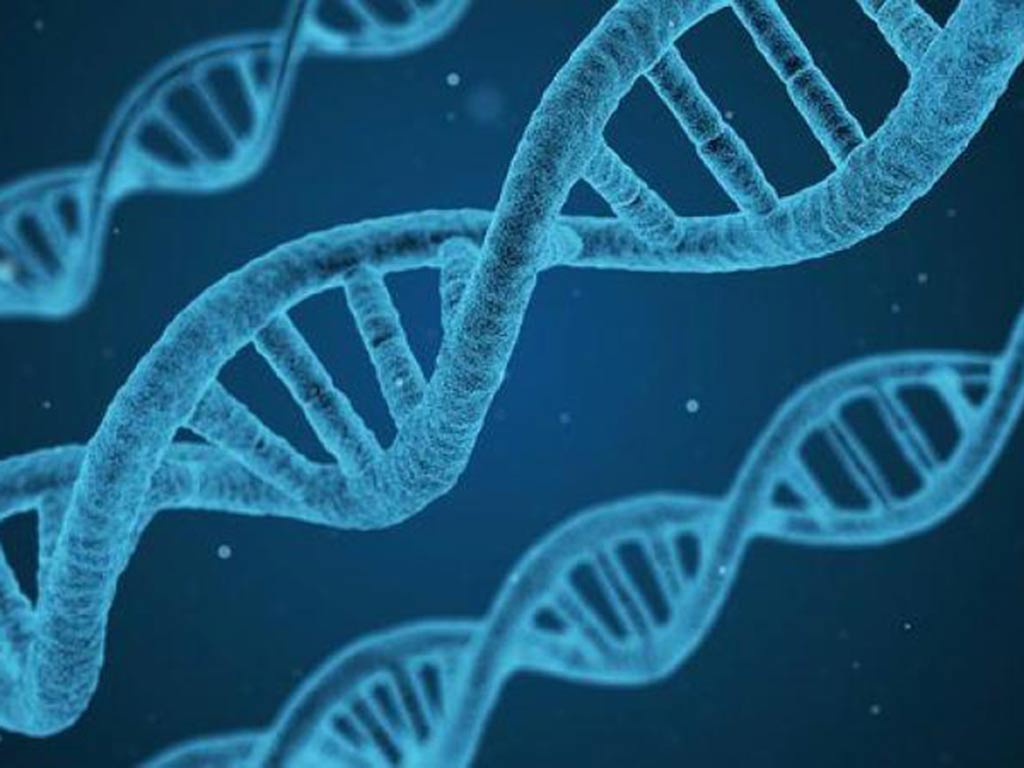“This development will help genetic laboratories to broaden the interpretation of the results of personal diagnoses, and will be useful for pharmaceutical companies to search targets in drug development,” the specialist said.
“The software is a unique solution with a wide range of functionalities. It was created by keeping in mind the rapidly developing field of deep learning architectures, and the processing of large volumes of omics data,” which according to Poptsova, are a collection of information about various molecular components of an organism, such as genes, proteins, metabolites, and others.
The system’s users can upload that data to the server, select the processing parameters and then the program creates an Artificial Intelligence model and begins the process of its training.
On output, it receives data on the probability of the presence of an element at the selected position, a statistical analysis of genomic features, and an annotation of regions for the genome under study.
The study was carried out in accordance with the objectives of the federal Artificial Intelligence project of the national Digital Economy program in Russia, where six AI research centers have been established.
jg/llp/jf/gfa









